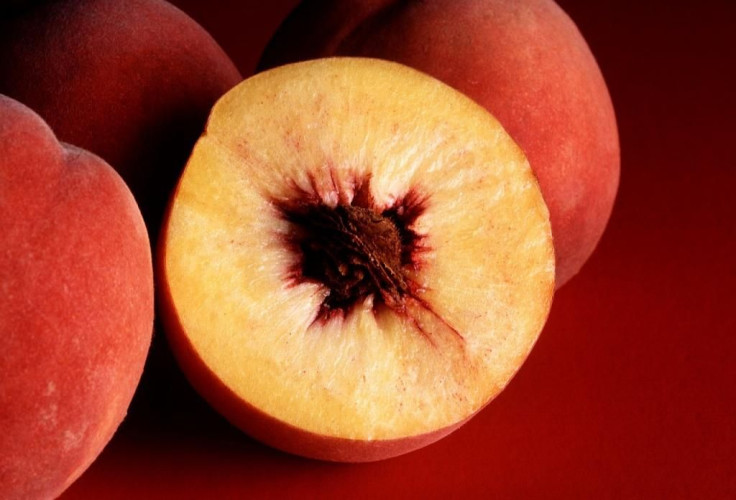Feminine Hygiene: Keep Your Routine Simple

Half of all Americans, 50.8%, have vulvas. Like most parts of the human anatomy, they require some upkeep, but exactly what type, and how much, can be a contentious question.
Do you need special feminine hygiene products? Most gynecologists would say “no.”
Vagisil, purveyor of feminine hygiene products, was in the news in early 2021 over a line of products aimed at teenagers called OMV!. Marketed with a video of girls dancing, playing on the beach, and generally having a great time, the product caused a lot of controversy on Twitter.
But why? What’s so bad about wanting to “ ...jump in the shower, or want to freshen up after practice, or soothe your skin after shaving,” as Vagisil advertises?
Celebrity gynecologist Jennifer Gunter, MD tweeted “Hey @vagisil going to call you out here for this predatory line of products aimed at teen girls. Why do you think teen vulvas need special cleaning? To be prepped for men? Because they are dirty.” Citing not just the stigmatization but also health risks.
First of all @vagisil do you REALLY want teens to out this swill in their vaginas? You are literally marketing it as vaginal health. This will damage lactobacilli and mucus and increase the risk of STIs of exposed.
— Jennifer Gunter (@DrJenGunter) February 5, 2021
According to the Mayo Clinic, “ It's normal for your vagina to have a slight odor” in fact, being aware of normal vaginal odor can help people identify when something is off. Of course, certain smells, anything fishy or bad-smelling, could indicate a trip to the gynecologists is in order, the same as with lots of discharge, pain or unusual discharge.
Mary Jane Minkin, MD, summed up the situation simply. “If you're not having any problems, you really don't need to do anything.” Dr. Minkin is a clinical professor in the Department of Obstetrics, Gynecology, and Reproductive Sciences at the Yale University School of Medicine, and sees patients in private practice. In fact, a primary warning concerns washing too much. “One thing we discourage people from doing is douching on a regular basis because with douching you actually tend to wash out your good-guy flora,” she explained.
Just like the gut and its well-publicized microbiome, the vagina houses good bacteria that help ward off infections. The vagina’s microbiome is composed mainly of the bacteria lactobacillus, which keeps it a little bit acidic. This acidity protects against bad bacteria. Disrupting the acidity can leave women prone to infections and even sexually transmitted diseases.
Simplicity is a good rule of thumb. “The vaginal tissue is fairly sensitive,” explained Dr. Minkin, “So we don't want to load it up with too many things that aren't good.”
Douching, pregnancy, menstruation, and more, can upset the dependent relationship between the bacteria and the body. In fact, lactobacilli are used to rebalance the vaginal microbiome.
So if you don’t need any fancy washes, wipes, or sprays, what do you need to take care of your vagina and vulva? Water or a mild, unscented soap could probably do the trick.
As for your period, “Generally you probably just need your pads or tampons… ,” said Dr. Minkin, “You probably don't need much else besides that.”
And for picking a period product, you have no doubt seen the “100% organic” tampons and pads that are out there. That is a personal choice. The FDA regulates tampons as medical devices. When tampons or pads are submitted for approval, the FDA asks for a full list of ingredients and a report on the products’ chemical components to show they don't cause irritation or bacterial infection.. According to a report by the National Center for Health Research, certain chemicals that were once in tampons have been removed. In this report, the scientists concluded that while “several alternatives are available to women, including all-cotton tampons and pads … there is no scientific evidence that these products are safer.”
Dr. Minkin said it doesn’t matter the type of tampon used, as long as it is used safely, “You want to change your tampon at least every few hours,” she said, “Don't leave it in forever.” This is because leaving a tampon in too long can result in a serious bacterial infection called Toxic Shock Syndrome.
Like Dr. Minkin said, maintaining good vaginal health is simple.
Correction: The original version of this article misspelled Dr. Gunter's name. We apologize for the error.
Sabrina Emms is a science journalist. She got her start as an intern at a health and science podcast out of Philadelphia public radio. Before that she worked as a researcher, looking at the way bones are formed.



























